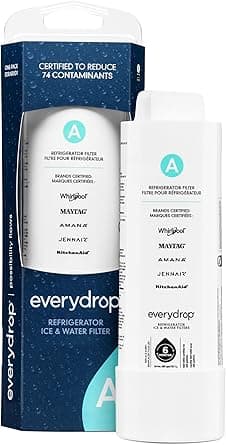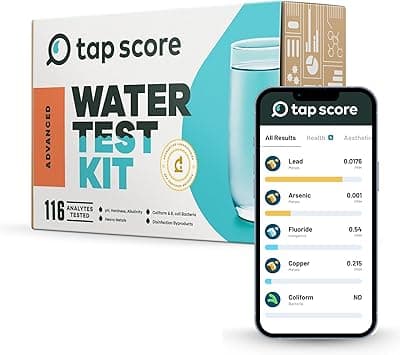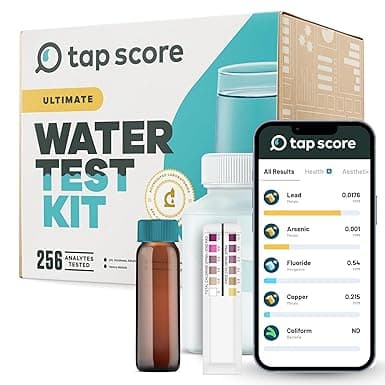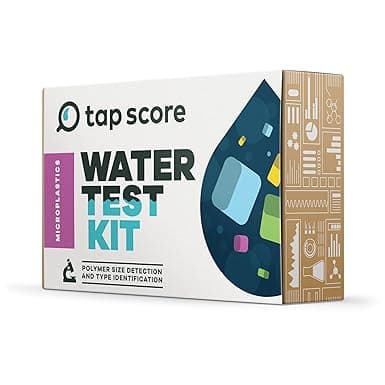Madisonville Tap Water Quality Report
Madisonville's water quality meets all EPA MCLGs. All tested contaminants are within safe levels.
Utilities
2 Utilities
People Served
31,827
MCL Violations
1
Last Updated
Is Madisonville Tap Water Safe to Drink?
Madisonville's tap water currently meets all EPA Maximum Contaminant Level Goals (MCLGs). All 102+ contaminants tested are within safe levels according to health-based guidelines. The water is considered safe to drink, though some people may still prefer filtered water for taste or extra protection.
The data below shows test results from 2 water utilities serving 31,827 people in the Madisonville area. Water quality testing is conducted regularly and reported to the EPA. This report was last updated 2022-04-21.
Madisonville Water Service Areas
Loading service area map...
Recommended Water Filters for Madisonville
Based on Madisonville's water quality data, these NSF-certified filters are recommended to remove contaminants above EPA MCLGs.

Pentair Residential Filtration, LLC
Everpure Residential H-300-NXT
NSF Certified:
Capacity
3001 gal
Filter Life
10 mo
Flow Rate
0.5 gpm
Removes 5 contaminants:
Chlorine (Free), Chlorine (Total), Chlorine Dioxide, Cryptosporidium, Lead

Whirlpool Corporation
W11256135
NSF Certified:
Capacity
1001 gal
Filter Life
3 mo
Flow Rate
0.7 gpm
Removes 19 contaminants:
1,2 Dichlorobenzene, 1,4 Dichlorobenzene, 2,4-D, Asbestos, Atrazine +14 more

Whirlpool Corporation
W11569861
NSF Certified:
Capacity
1001 gal
Filter Life
3 mo
Flow Rate
0.52 gpm
Removes 22 contaminants:
1,2 Dichlorobenzene, 1,2,4 Trichlorobenzene, 1,4 Dichlorobenzene, 2,4-D, Asbestos +17 more
Verify Your Water Is Safe
While public data shows safe levels, many residents prefer independent testing for peace of mind—especially for unregulated contaminants.

SimpleLab
Standard Home Water Test
$232
Comprehensive water analysis testing over 200 contaminants including bacteria, heavy metals, and chemical compounds.

SimpleLab
Advanced Home Water Test
$369
Most comprehensive home water test including all standard tests plus additional parameters for ultimate peace of mind.

Tap Score
Advanced Microplastics Test
$636
Cutting-edge testing for microplastics particles in drinking water using advanced laboratory techniques.
Frequently Asked Questions About Madisonville Tap Water
Madisonville's tap water currently meets all EPA MCLGs. All 102+ contaminants tested are within safe levels according to health-based guidelines. The water is considered safe to drink, though some people may still prefer filtered water for taste or extra protection.
Stay Informed About Your Water Quality
Get EPA reports, filter recommendations, and safety alerts for your area.
Join 10,000+ people protecting their families. Unsubscribe anytime.
